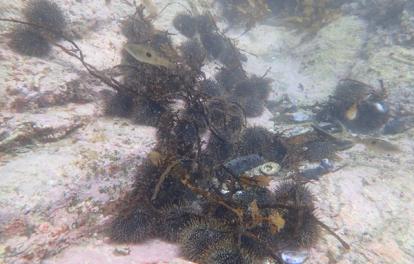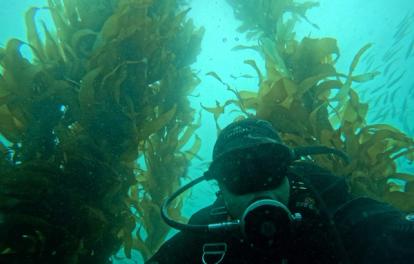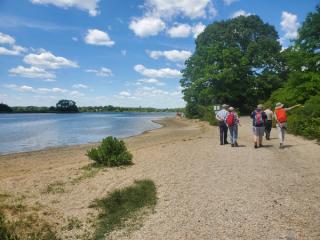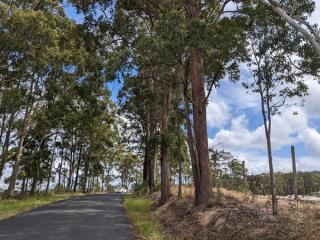
Kelp Restoration Project
- Client Name
- University of Auckland, Te Atiawa, Port Marlborough and the Marlborough District Council
- Location
- Marlborough Sounds, New Zealand
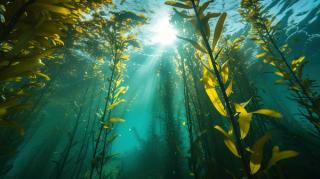
Challenge
Kelp forests are crucial to marine biodiversity and health, providing habitat, food, and protection for many marine organisms, ranging from invertebrates to large fish and marine mammals. In addition to this, they significantly impact climate change, playing a pivotal role in converting almost as much C02 as plants and trees on land. They also protect coastlines by reducing wave energy and preventing coastal erosion. Yet, they are disappearing at an alarming rate – even faster than our rainforests.
In Aotearoa, New Zealand, they currently face multiple threats to their existence, but sea urchins or kina are among the biggest, as they graze on kelp and create urchin barrens - areas devoid of kelp. SLR collaborated with University of Auckland, Te Atiawa, Port Marlborough and the Marlborough District Council to remove kina from rocky reefs to determine if this could help restore dwindling kelp forests/rimurimu (seaweeds) in locations across the Marlborough Sounds.
Solution
Kelp restoration involves several approaches aimed at mitigating threats and promoting kelp recovery and resilience. One fundamental approach is the reduction of local stressors, such as the removal of kina.
An experiment was designed to test whether the removal of kina from sites in the Marlborough Sounds could allow rimurimu (seaweeds) to recover in areas where they had previously thrived.
SLR provided expertise in marine ecology and scientific diving. SLR assisted the University of Auckland researchers in the field and in consulting with iwi (Te Atiawa), Port Marlborough and Marlborough District Council.
Impact
Since removing kina from locations in the Marlborough Sounds, rimurimu (seaweeds) are beginning to recover naturally and thrive again with an abundance of marine life returning to breed and feed in the area.
Passive restoration techniques, such as those implemented by our team, demonstrate that it is possible to revive and maintain these critical ecosystems and as stewards of the ocean, it is imperative we continue and expand these efforts to ensure the health and sustainability of New Zealand's rimurimu forests for future generations.
